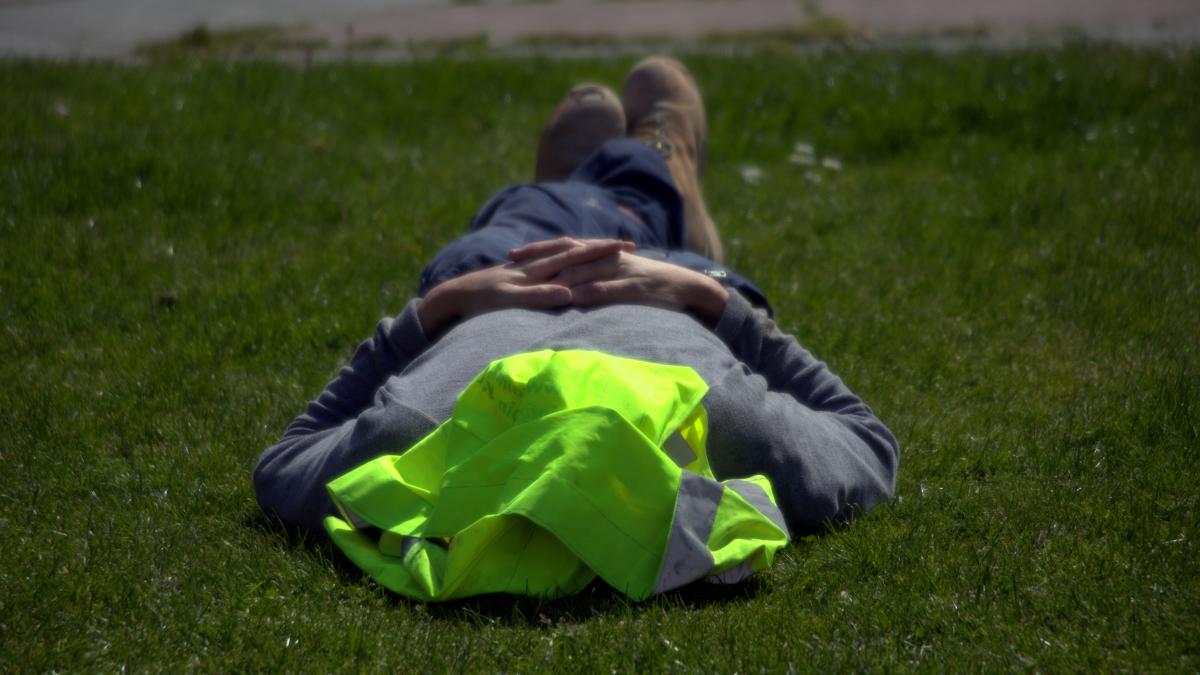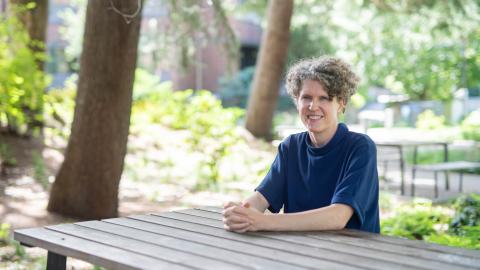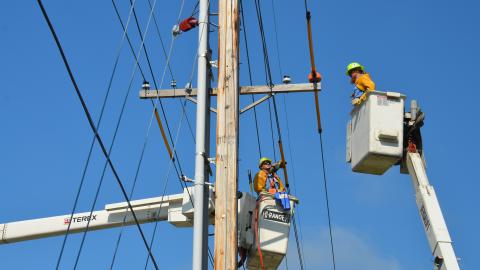
How our research is contributing to the public health response
In the United States, heat-related mortality is the number one weather-related killer—and these deaths are nearly all preventable. As global warming continues, scientists predict extreme and dangerous heat waves will be much more common.
The UW Department of Environmental & Occupational Health Sciences (DEOHS) is at the leading edge of research into how extreme heat affects people’s health. We particularly focus on those who are most vulnerable to the health risks, including farmworkers, outdoor laborers and the elderly.
Our research is also identifying new ways to help communities adapt to heat through risk communication, evidence-based policies, land-use strategies and other approaches.
Learn more about this research led by our Center for Health and the Global Environment, Collaborative on Extreme Event Resilience and the Pacific Northwest Agricultural Safety and Health Center, all part of DEOHS.














